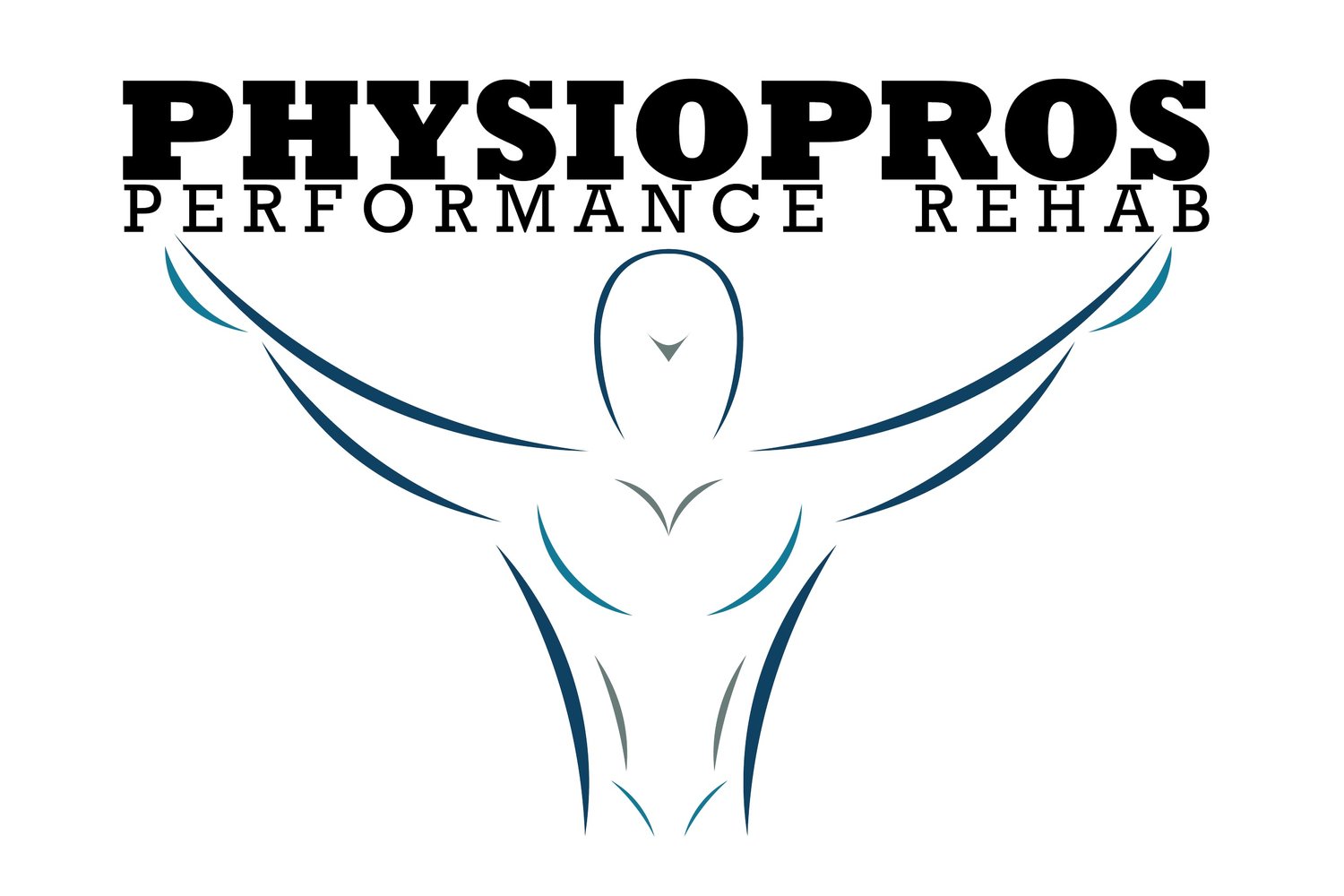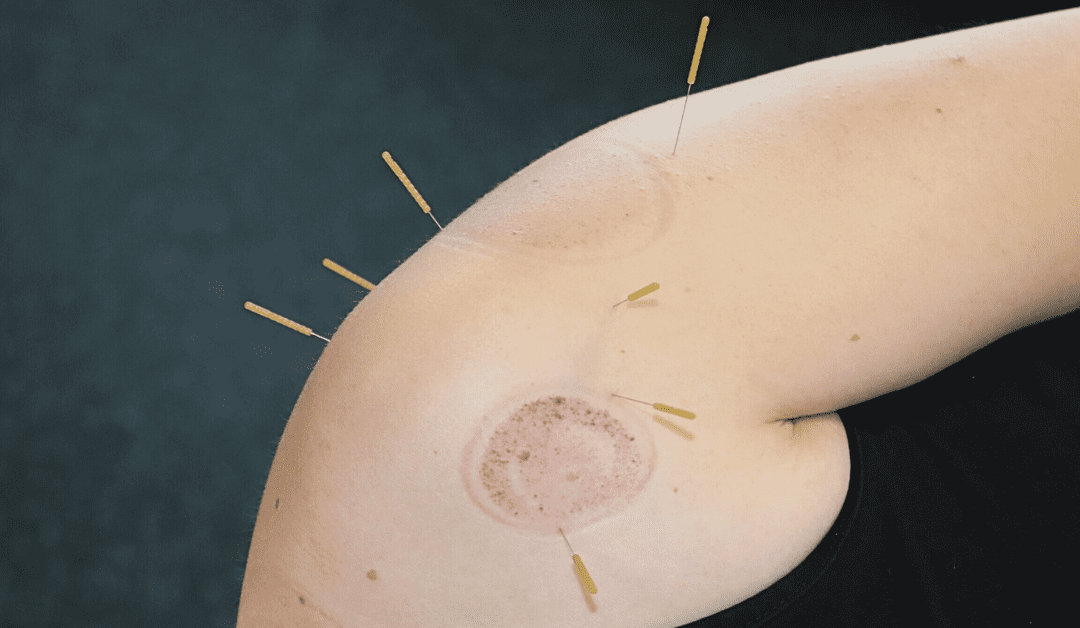Dry Needling vs Acupuncture: Which One is Right for You?
Welcome to another blog post from Physiopros Performance Rehab, your trusted physical therapy clinic in Parsippany, NJ! We’re dedicated to providing the best care to help you feel your best. Today, we’re diving into a topic that often confuses people: Dry needling vs Acupuncture. While these two treatments might look similar at first glance, they serve different purposes and offer distinct benefits. In this blog post, we’ll explain the differences so you can make an informed choice about which one might be right for you. Let’s dive right into it!
What is Dry Needling?
First off, dry needling is a treatment employed by physical therapists to alleviate muscle pain and enhance movement. This technique entails inserting thin needles into trigger points or areas of tight muscle. Unlike acupuncture, which targets energy meridians, dry needling focuses directly on muscles and nerves to diminish pain and enhance functionality.
Here’s how it operates: as the needle penetrates a trigger point, it facilitates the release of tension and promotes improved blood circulation. This can alleviate pain, enhance range of motion, and expedite recovery from injuries. Dry needling is commonly utilized for conditions such as chronic pain, sports injuries, muscle strains, and joint problems.
At Physiopros Performance Rehab, our skilled and certified therapists employ dry needling to assist patients in resuming their daily activities pain-free. Meet the therapists who will guide you along your physical therapy journey: Our Physical Therapists.
What is Acupuncture?
Acupuncture, rooted in traditional Chinese medicine, practices for thousands of years to balance the body’s energy, known as “Qi” (pronounced “chee”). Practitioners insert very thin needles into specific points on the body to restore balance and promote healing.
In addition, the concept behind acupuncture is that maintaining the free flow of Qi throughout the body sustains good health. However, blocked or unbalanced energy can result in pain or illness. By targeting specific points with needles, acupuncture aims to unblock and balance the flow of energy.
Acupuncture treats a variety of conditions, including headaches, stress, anxiety, and digestive issues. Many people seek acupuncture for overall wellness and relaxation.
Key Difference Between Dry Needling vs Acupuncture
While Dry Needling and Acupuncture both utilize thin needles, they differ significantly in their approach and purpose. Here’s a breakdown of the main differences between Dry Needling vs Acupuncture:
Philosophy and Approach:
Dry Needling: Rooted in Western medicine, this technique focuses on treating musculoskeletal and neuromuscular issues, aiming to relieve muscle pain and improve function.
Acupuncture: Originating from traditional Chinese medicine, acupuncture aims to balance the body’s energy, or “Qi,” addressing a wide range of health issues beyond muscle pain.
Needle Technique and Placement:
Dry Needling: Practitioners insert needles directly into trigger points or tight muscles to release tension and enhance blood flow, targeting specific problem areas. To see what this process looks like, check out our recent Instagram video: Dry Needling Process Video.
Acupuncture: Needles are placed along meridians, energy pathways in the body, to regulate Qi flow and restore balance throughout the body.
Training and Certification:
Dry Needling: Typically performed by physical therapists with specialized training in dry needling techniques.
Acupuncture: Administered by trained acupuncturists proficient in traditional Chinese medicine and extensively educated in acupuncture practices.
Understanding these differences can guide you in choosing the treatment best suited to your needs. Both methods offer unique benefits and can effectively promote health and well-being. At Physiopros Performance Rehab, we specialize in identifying specific problem areas and using Dry Needling to facilitate your journey to optimal health. Contact Us Now to Get Started.
Benefits of Dry Needling
Benefits of Acupuncture
Acupuncture offers a holistic approach to health and wellness, providing benefits that extend beyond pain relief. Here’s why acupuncture is valued by many:
- Reduced Stress and Anxiety: Acupuncture calms the nervous system, reducing stress levels and alleviating anxiety.
- Improved Sleep Quality: Many patients experience better sleep patterns and deeper rest after acupuncture sessions, making it effective for insomnia and sleep disorders.
- Enhanced Overall Health and Wellness: By promoting Qi balance throughout the body, acupuncture supports overall health and strengthens the immune system.
- Complementary Therapy: Acupuncture can enhance the effectiveness of conventional medical treatments and support recovery from illnesses or injuries.
Which One is Right for You?
Choosing between dry needling and acupuncture depends on your specific needs and health goals. Here’s a guide to help you make an informed decision:
- If you have muscle pain or injury: Opt for dry needling as it directly targets muscular issues like knots and tightness. It effectively treats conditions such as sports injuries, muscle strains, and joint problems.
- For overall wellness and stress relief: Consider acupuncture for its holistic approach. It balances Qi and promotes relaxation, benefiting stress reduction, improved sleep quality, and overall health enhancement.
- If you prefer a Western medicine approach: Choose dry needling, rooted in physical therapy practices. It focuses on musculoskeletal and neuromuscular conditions with an emphasis on pain relief and functional improvement.
- For a traditional Chinese medicine perspective: Select acupuncture, which addresses energy flow through meridians. It aims to restore balance and treat a broad spectrum of health issues beyond physical pain.
Ultimately, the choice is yours. Whether you seek targeted relief from muscle pain or aim to enhance overall well-being, the skilled therapists at Physiopros Performance Rehab are here to help. With our expertise in dry needling and commitment to personalized care, we can create a tailored treatment plan to meet your specific needs. Take the first step today and schedule your appointment to discover the benefits of dry needling. Book your consultation now at Physiopros Performance Rehab.
FAQs
What does dry needling feel like? Dry needling may cause a slight discomfort or muscle twitching sensation during insertion; however, many patients find it tolerable and experience relief shortly after.
Is dry needling painful? The level of discomfort varies among individuals. While some may feel minimal discomfort during insertion, others may experience a brief ache or muscle twitch, which typically subsides quickly.
How many sessions of dry needling will I need? The number of sessions depends on your condition and response to treatment. Typically, patients undergo a series of sessions to achieve optimal results, with improvement often noticed after the first few sessions.
Are there any side effects? Minor side effects may include temporary soreness, bruising, or slight bleeding at the needle insertion sites. These are usually mild and resolve quickly.
Can I combine dry needling and acupuncture? Yes, combining dry needling with acupuncture can offer complementary benefits. Together, they can address both musculoskeletal issues and overall wellness, providing a comprehensive approach to health and healing.
How soon can I expect to feel results from dry needling? Many patients experience immediate relief or improvement in symptoms shortly after their first session. However, individual responses may vary, and multiple sessions may be needed for long-term benefits.
Who performs dry needling at Physiopros Performance Rehab? Dry needling is performed by our certified physical therapists who have undergone specialized training in this technique. They are experienced in assessing and treating musculoskeletal conditions to help you achieve optimal results.
References:
“Acupuncture.” Mayo Clinic, Mayo Foundation for Medical Education and Research, 20 Apr. 2024, www.mayoclinic.org/tests-procedures/acupuncture/about/pac-20392763.
Cleveland Clinic medical. “What Is Dry Needling?” Cleveland Clinic, my.clevelandclinic.org/health/treatments/16542-dry-needling.

